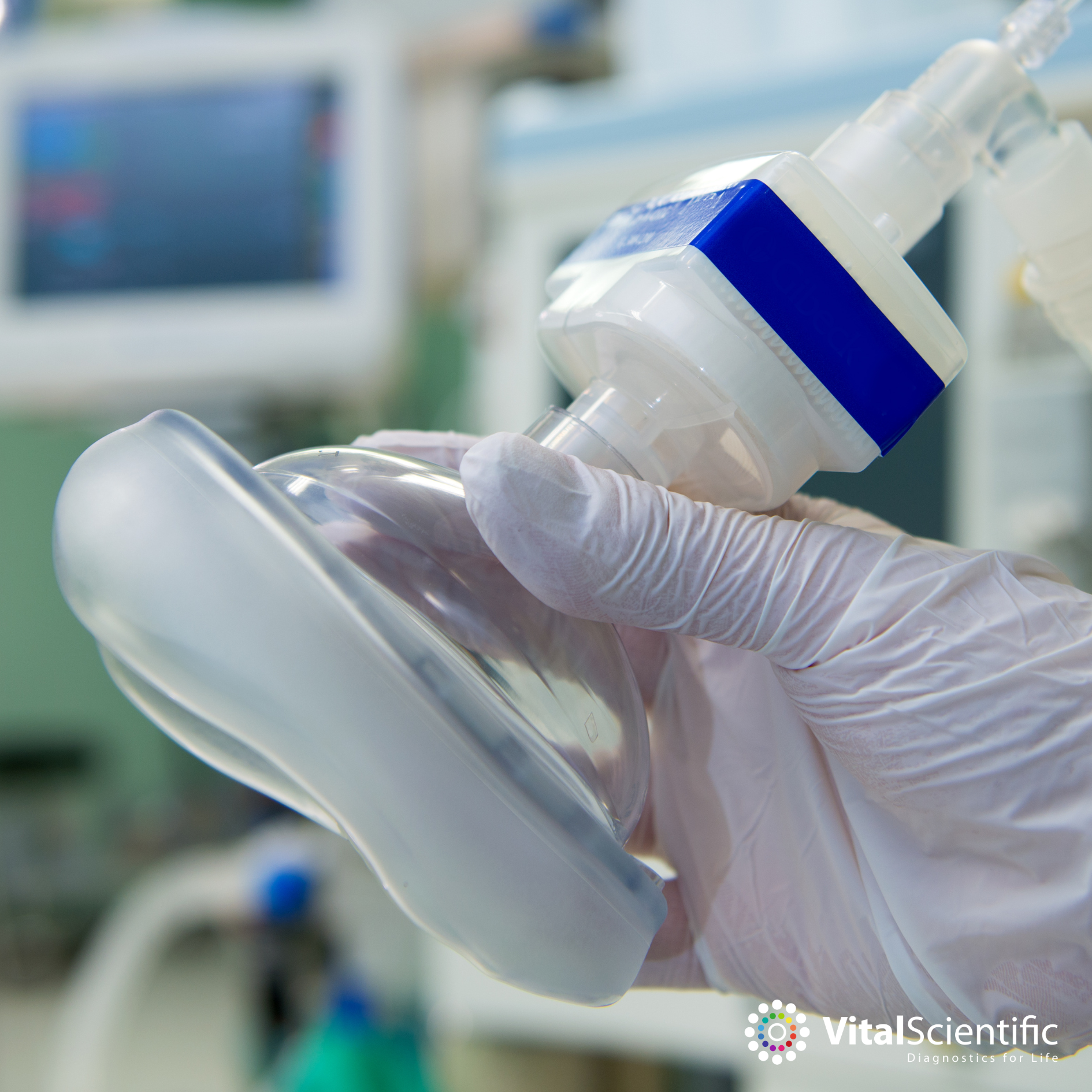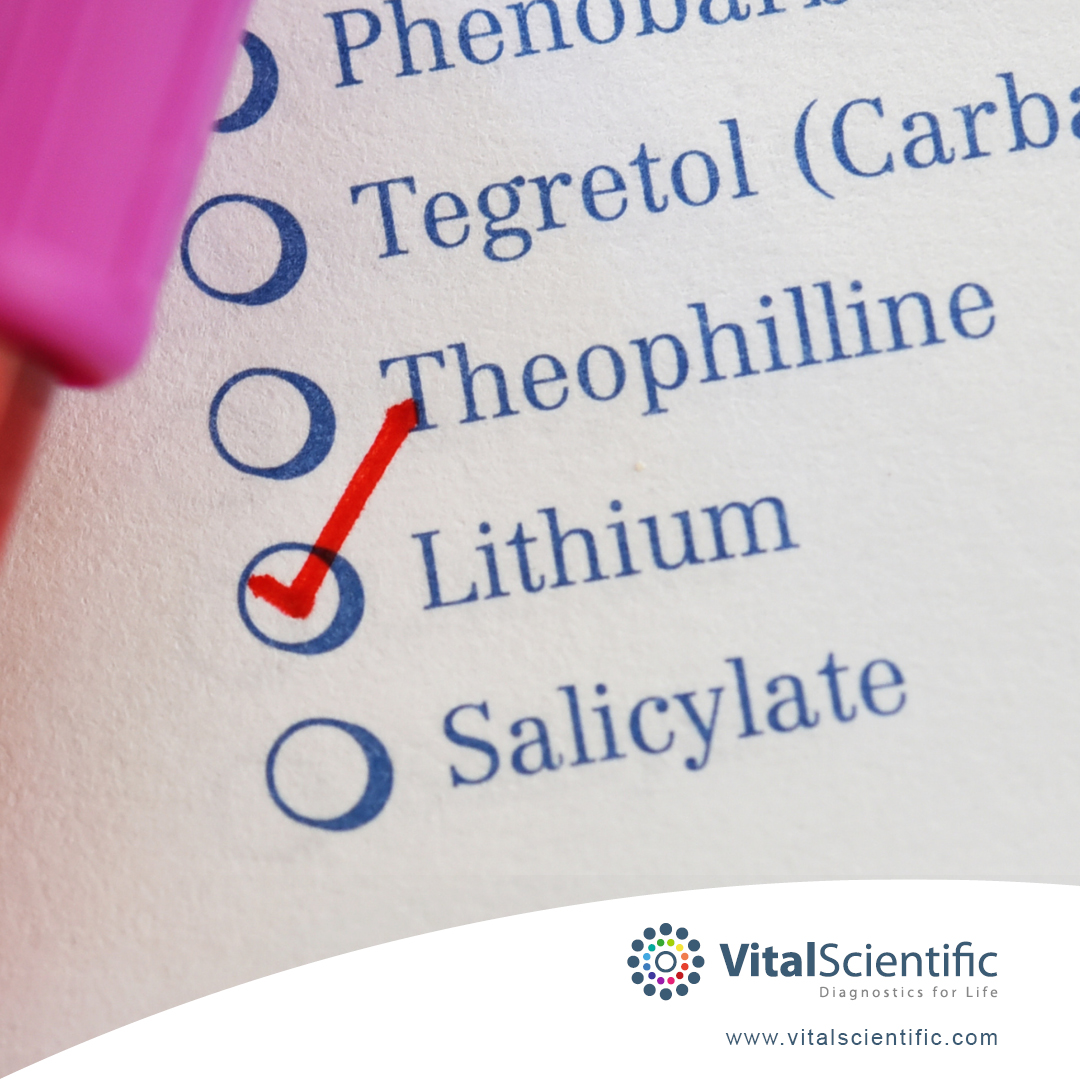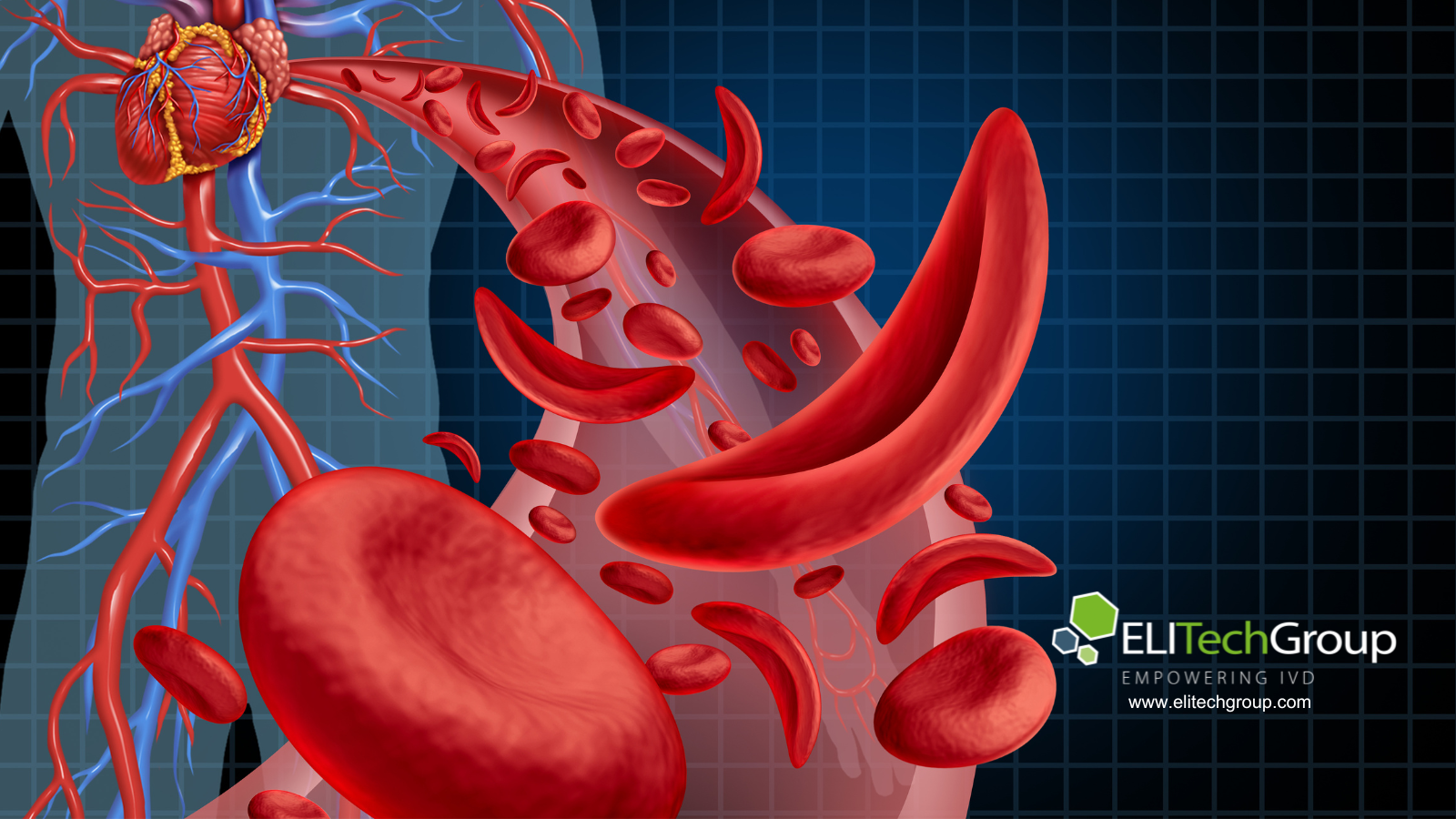Every year, on September 29th, people around the globe come together to celebrate World Heart Day. This important day serves as a reminder of the significance of cardiovascular health and the steps we can take to prevent heart disease. In conjunction with World Heart Day, it’s crucial to highlight the role of advanced medical technologies in diagnosing and managing heart-related conditions. VitalScientific, a pioneering company in benchtop clinical chemistry, offers a range of lipid and cardiac enzyme clinical chemistry tests that play a vital role in assessing and monitoring heart health.
Understanding World Heart Day
World Heart Day was established by the World Heart Federation to raise awareness about cardiovascular diseases (CVD) and promote heart-healthy living. Cardiovascular diseases, including heart disease and stroke, are the leading causes of death worldwide. These conditions often stem from risk factors like high blood pressure, high cholesterol levels, obesity, and smoking. World Heart Day encourages everybody to take action by adopting heart-healthy behaviors and policies.
VitalScientific and Clinical Chemistry Tests
VitalScientific is a global leader in designing and manufacturing benchtop clinical chemistry analyzers and reagents for diagnostic laboratories, hospitals, and healthcare providers worldwide. The broad range of clinical blood tests includes among others, lipid tests, and cardiac enzyme tests, which play a pivotal role in assessing heart health. The liquid-stable ready-to-use reagents are barcoded to streamline the workflow and minimize laboratory errors.
Lipid Tests
VitalScientific’s lipid tests are essential tools for healthcare professionals to assess the risk of a patient developing heart-related conditions. These tests measure various lipid markers, such as:
- Total Cholesterol: This measures the total amount of cholesterol in the blood, including both “good” high-density lipoprotein (HDL) cholesterol and “bad” low-density lipoprotein (LDL) cholesterol.
- HDL Cholesterol: Often referred to as “good” cholesterol, HDL cholesterol helps remove excess cholesterol from the blood vessels, reducing the risk of plaque buildup and blockages.
- LDL Cholesterol: Known as “bad” cholesterol, LDL cholesterol can contribute to the formation of plaque in the arteries, leading to atherosclerosis and heart disease.
- Triglycerides: These are a type of fat found in the blood that provides energy for the body. High triglyceride levels are associated with an increased risk of heart disease.
Cardiac Enzyme Tests
Total Creatine Kinase and Creatine Kinase MB ( cardiac iso-enzyme)Creatine kinase (CK) is an enzyme found in the heart, brain, and skeletal muscles. Elevated levels of CK in the blood may indicate muscle damage, including damage to the heart muscle. Creatine kinase-MB (CK-MB) is a specific form of CK predominantly found in the heart. Measuring CK and CK-MB levels can provide crucial information about heart health and the presence of cardiac muscle injury, such as during a heart attack.
Lactate Dehydrogenase
Lactate Dehydrogenase (LDH) is a cytoplasmic “housekeeping” protein, present in almost all body tissues/organs. Significant damage to the heart muscle, as may occur in acute myocardial infarction (AMI), will often lead to an increase in LHD, typically on the second day after chest pain, and remains elevated for up to 4 days.
In combination with other cardiac enzymes, especially when more specific tests such as Troponin, are not readily available, LDH can assist the clinician in the differential diagnosis of AMI.
Aspartate Aminotransferase
Aspartate Aminotransferase (AST) plays an important role in the metabolism of amino acids and as such is ubiquitous. The most common non-hepatic cause of a significant increase in blood AST is cardiac muscle damage due to acute myocardial infarction and myocarditis. With the advent of more specific cardiac markers, the use of AST as a first-line test in the differential diagnosis of AMI has declined, however, when specific markers are not immediately available, the combination of CK, CKMB, LDH, and AST provides evidence of possible cardiac muscle damage.
The Importance of Regular Testing
Regular lipid testing is crucial for individuals of all ages, especially those with a family history of heart disease or other risk factors. Early detection of abnormal lipid levels allows healthcare professionals to implement interventions to manage and reduce the risk of developing cardiovascular diseases.
Promoting Heart Health
On this World Heart Day, consider the following steps to promote heart health:
- Healthy Diet: Consume a balanced diet rich in fruits, vegetables, whole grains, lean proteins, and healthy fats while limiting saturated and trans fats, sodium, and added sugars.
- Regular Exercise: Aim for at least 150 minutes of moderate-intensity aerobic activity or 75 minutes of vigorous-intensity activity per week, combined with muscle-strengthening activities on two or more days.
- Avoid Tobacco: If you smoke, seek resources and support to quit smoking, as tobacco use is a major risk factor for heart disease.
- Manage Stress: Practice stress-reduction techniques like mindfulness, meditation, or yoga to support heart health.
- Regular Check-ups: Schedule routine health check-ups, including lipid tests to monitor your heart health and catch any potential issues early.
Conclusion
World Heart Day serves as a powerful reminder that taking care of our hearts is our shared responsibility. By raising awareness, making healthier lifestyle choices, and utilizing advanced diagnostic tools like VitalScientific’s clinical chemistry tests, we can significantly reduce the global burden of cardiovascular diseases. As we commemorate this day, let us all commit to prioritizing heart health and inspiring positive change in our lives and communities.
For consistent, accurate, and reliable results on VitalScientific’s Selectra Family of instruments, Selectra System Reagents, Calibrators, and Controls are recommended.
For more information, please visit our reagents page or contact us.
Read more articles
Let us help you
For general inquiries or technical support, please use the link to the right. Click ‘Contact’ to complete a brief online form, and someone will be in touch with you soon.






